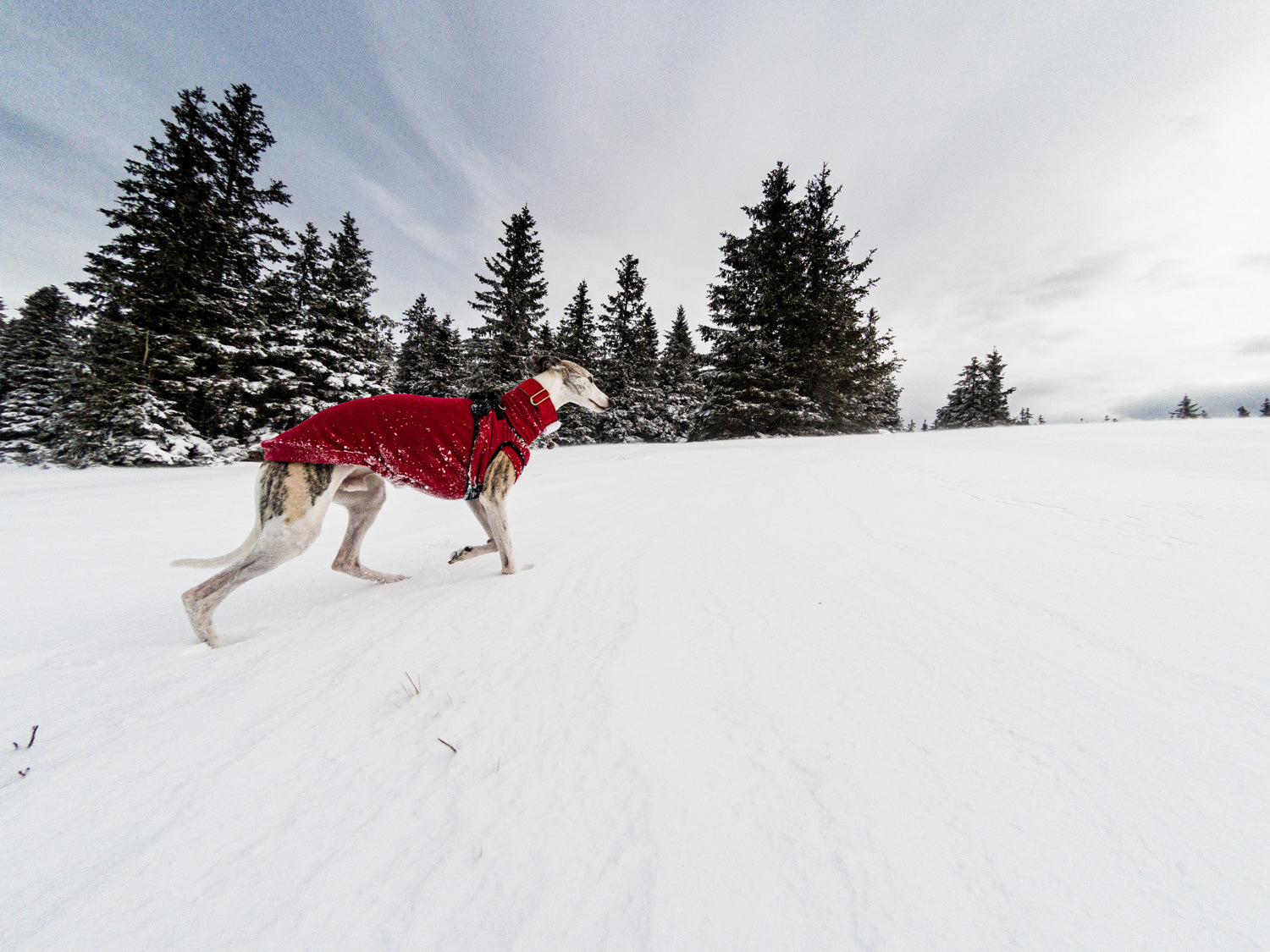Dog Foraging, More Than Just a Trend
Foraging is an essential activity that plays a critical role in a dog’s life, tapping into their natural instincts and significantly contributing to their overall well-being. While it might seem like a fun trend to some, experts agree that foraging is much more than that—it's a necessity for a dog's mental and physical health.
Natural Instincts and Mental Stimulation
Dogs are natural foragers. In the wild, they would spend a significant amount of time hunting and scavenging for food. Foraging activities mimic this natural behaviour, and provide crucial mental stimulation that can help prevent the development of behavioural issues.
According to Dr. Stanley Coren, author of “The Intelligence of Dogs”, dogs display 3 types of intelligence, one of them being ‘adaptive’: how well the dog learns from its environment to solve problems. Engaging in foraging activities keeps a dog's mind sharp. It challenges their problem-solving abilities and satisfies their curiosity.
Physical Exercise and Health Benefits
Foraging also provides valuable physical exercise. It encourages dogs to move around, search, and use their senses, promoting overall physical health. This leads to believe that foraging activities can help maintain a healthy weight and improve physical fitness. It also reduces the risk of obesity-related health issues, which are increasingly common in domestic dogs.
Reducing Anxiety
and Boredom
Boredom and anxiety are common problems for many dogs, especially those left alone for long periods. Foraging can be a fantastic way to alleviate these issues. Engaging in foraging activities can reduce anxiety and destructive behaviours in dogs by providing a positive outlet for their energy, and to keep their minds occupied.
Practical Ways to Incorporate Foraging
There are several practical ways to incorporate foraging into your dog's daily routine. Treat and food dispensing toys are excellent for indoor foraging. You can also hide treats around your home or garden, encouraging your dog to use their nose and brain to find them.
If you have a garden, create a small digging area or use a sandbox filled with toys and treats to provide endless entertainment and enrichment for your dog.
Incorporating foraging activities into your dog's routine is a simple yet highly effective way to enhance their quality of life, ensuring they stay mentally sharp, physically fit, and emotionally balanced.
Foraging shouldn't be the only exercise or enrichment available in a dog’s life, but they are excellent alternatives when other options are restricted, such as during hot weather conditions or when a dog is recovering from injuries or surgery.
So, the next time you consider how to keep your dog entertained, remember that foraging is not just a fun activity—it's a crucial component of their health and happiness.




